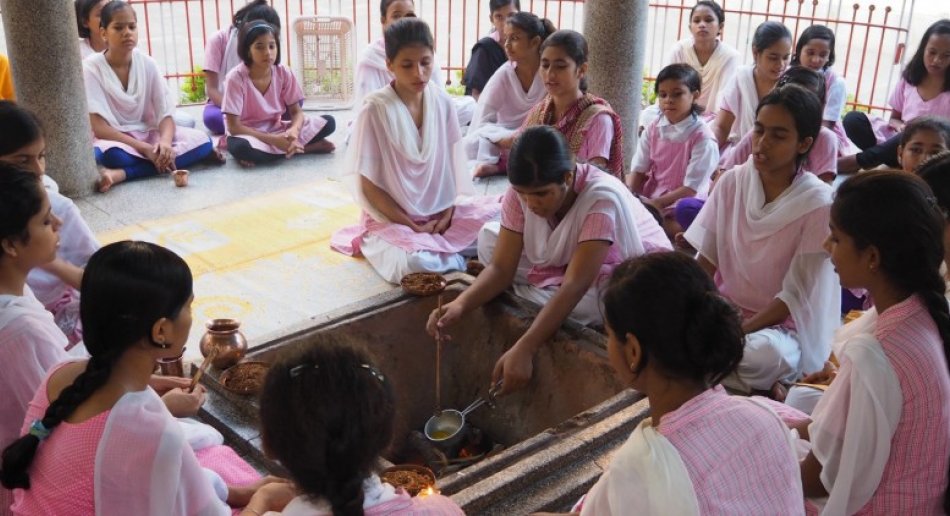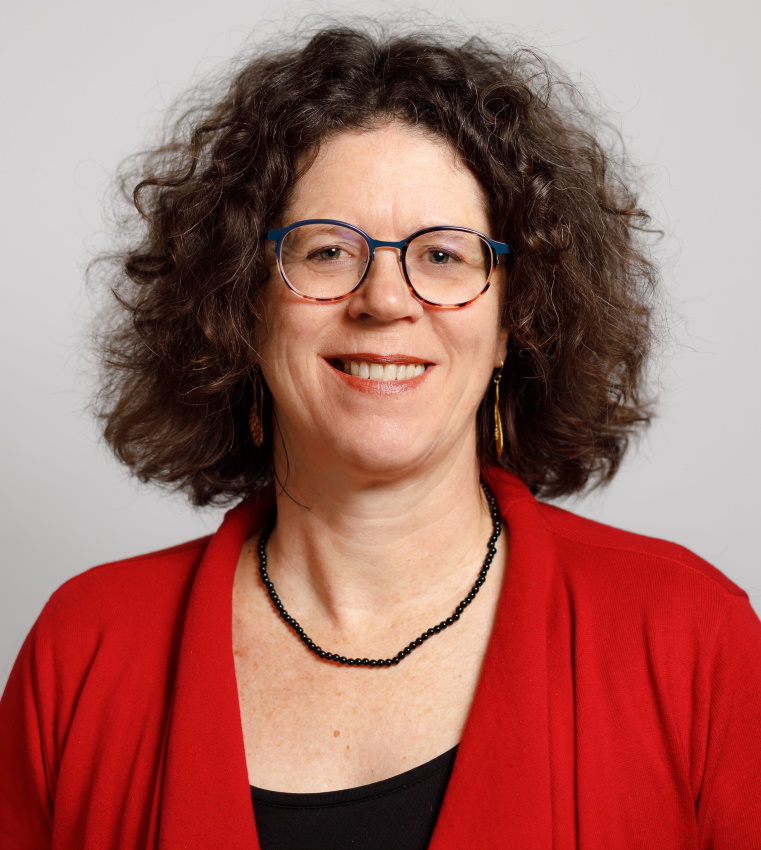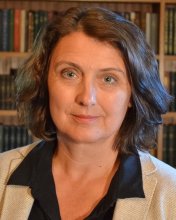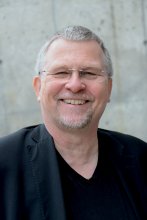
2020 MF CASR Annual Lecture with Ute Hüsken
Watch the recording of this excellent lecture on Female Agency and Religious Conservativism: New Roles for Women in Hinduism.
The Annual Lecture, given here as a recording, took place digitally on 5 November 2020. Please follow MF CASR on Facebook to keep up to date on our upcoming events!
In most mainstream traditions of Hinduism, women have until recently categorically been excluded from positions of religious and ritual leadership, restricting them to roles as supporting yet largely passive consumers of religion. However, this situation is about to change: in an increasing number of contexts, women can and do undergo priestly education; they can receive initiation as Hindu religious specialists; and they are accepted as ascetic religious leaders. Although these processes still largely take place outside of traditional religious institutions, it is clear that women are actually establishing new religious trends and currents, attracting followers, and are occupying religious positions on par with men. At times women are filling a void left behind by male religious specialists who left the profession, at times they are perceived as their rivals. In some cases, this process takes place in collaboration with male performers, in others against the will of the women’s male counterparts. However, in most cases we see both, acceptance and resistance. Whether silently or with great fanfare, women grasp new opportunities, occupying positions of public leadership on par with men.
By looking into the details of two conservative settings in India, namely the case of priestesses in Sanskritic Hinduism in Pune (Maharashtra), and a school imparting Vedic education to girls in Benares (UP), the presentation explores situations of pronounced change in the religious and ritual agency of women, looking at religious agency as a process.
‘Agency’ is as diverse as women and their contexts are diverse, and emphasis on resistance against authority and hierarchy is misleading. By paying attention to paradoxes, inner contradictions, and emerging forms of agency, agency is understood as present in both resistance and assertion, and as inherent not only in spectacular, but also in subtle changes. The new female religious specialists are multi-faceted individuals who negotiate within and among various contexts, calling attention to a host of different identity markers which all interact. ‘Intersectionality’ does not simply relate to different layers of identity that add to each other, but refers instead to the simultaneous operation of structures which make these experiences qualitatively different. A higher degree of gender equality within a religious tradition might come at the expense of other marginalized subjectivities. An important challenge is to recognize not only differences and similarities between traditions, but also the contradictions and conflicts among the women of one tradition.

Professor Doctor Ute Hüsken studied Indology, Tibetology, Burmese Studies, Sociology and Ethnology at the University of Göttingen, where she also received her doctorate in 1996 on the topic, "The Rules for the Buddhist Nunnery in the Vinaya-Piṭaka of the Therāvadin." In 2003 she completed her habilitation at the University of Heidelberg on the subject of "Transitional Rituals of the South Indian Viṣṇuitischen Vaikhānasa Tradition." After working as a research assistant and university assistant at the University of Göttingen, she worked from 2003 to 2008 as a project manager at the collaborative research center 619 Ritual Dynamics at the University of Heidelberg. From 2007-2017 she was professor in the South Asian Studies section at the Department of Culture Studies and Oriental Languages at the University of Oslo.

Prof. Unn Falkeid, University of Oslo, specialiezes in early modern intellectual history
and has studied the roles of women in politics and theology in early modern Europe.

Prof. Jan-Olav Henriksen, MF CASR, is philosopher of religion who specializes in the contemporary conditions for religion in the Western world, and focuses also on the understanding of human beings and their conditions for agency from an interdisicplinary perspective.
